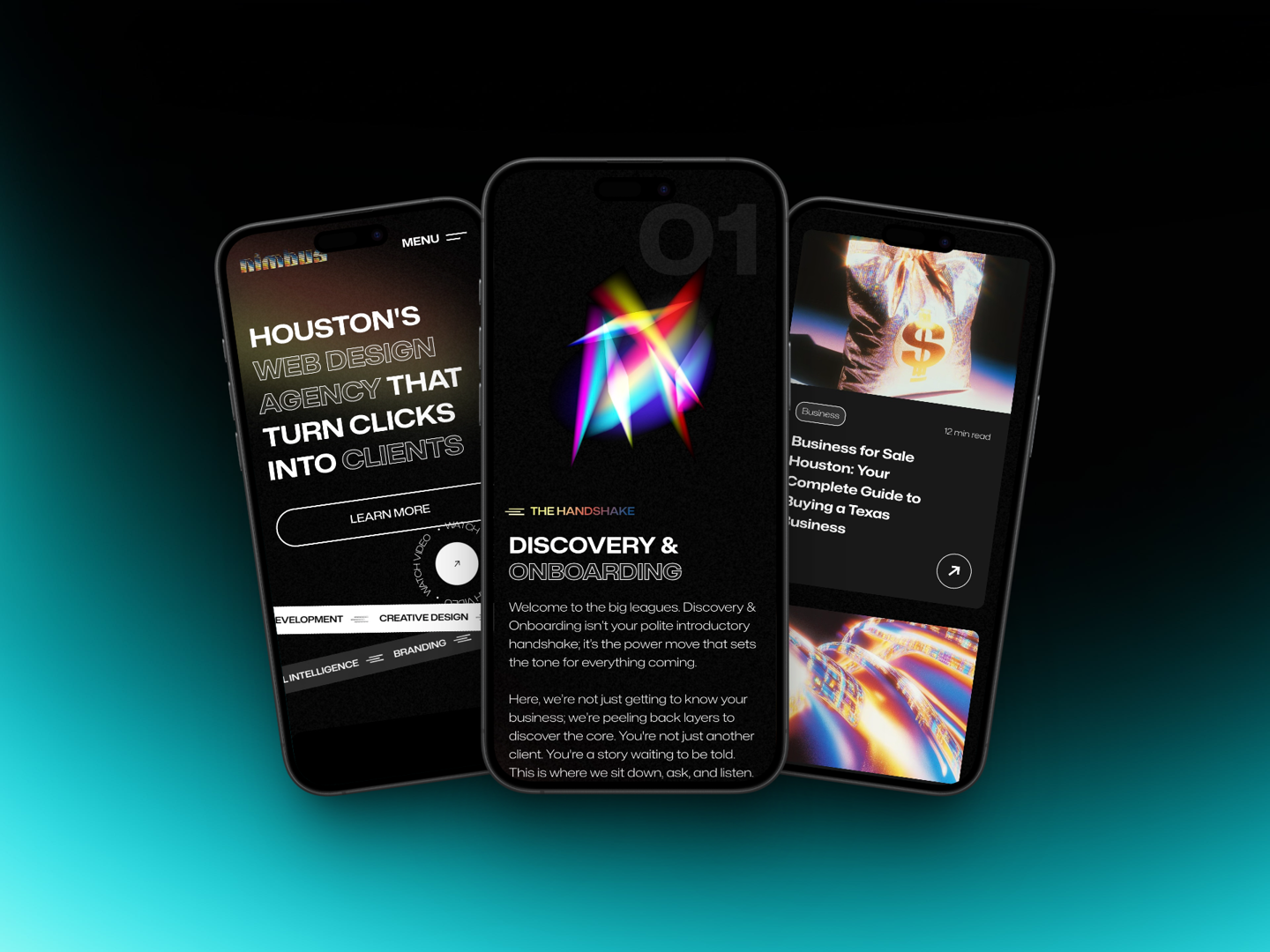The Web Doesn't Want to Talk to Bots

You already know this.
Every time you've tried to scrape a website, you've hit the wall. The CAPTCHA. The block. The "access denied" message that makes you feel like you're doing something wrong when you're just trying to get information that's sitting right there.
We built a web that's hostile to automation. Then we built AI agents that need automation to work.
That's the problem.
Claude has web search. It's fine for looking things up. For finding answers. For the kind of research you'd do yourself if you had an hour to kill and a decent internet connection.
But that's not what you need, is it?
You need Claude to actually do things. To collect data. To monitor prices. To build lists. To navigate websites that don't want to be navigated. To work while you sleep.
You need a web that cooperates.

What Happens When Websites Say No
Most websites don't want to talk to you if you're not human.
They've spent millions building walls. Bot detection. Rate limiting. CAPTCHAs that ask you to identify traffic lights in increasingly baroque photographs. Geographic restrictions that assume everyone who matters lives in the same country they do.
These aren't bugs. They're features. The web is designed to keep automated access out.
Native web search bumps into these walls and stops. It has to. It's playing by the rules of a game where the rules are designed to make it lose.
So you get partial data. Failed requests. Manual intervention. The kind of work that makes you wonder why you're using AI in the first place.
The Infrastructure That Doesn't Exist
Here's what's fascinating about Bright Data's MCP server.
It's not doing something magical. It's doing something obvious that nobody else bothered to build properly.
It's giving Claude access to the web the way the web actually works. Not the sanitized, search-engine version. The real web. The one where you need residential IPs from 195 countries. Where you need to solve CAPTCHAs automatically. Where you need to look like a human because that's the price of admission.
The technical details matter less than the shift in posture.
Native web search is polite. It asks permission. It respects robots.txt files and rate limits. It's the kind of web citizen that plays by the rules.
Bright Data's approach is different. It understands that if you want to collect data at scale, you need to look human. Act human. Come from human IP addresses. Solve human puzzles.
Is it cheating? Only if you think the game is fair to begin with.
What Changes When the Wall Comes Down
Give Claude the ability to access any website, and something interesting happens.
The kinds of projects that were impossible become routine. Price monitoring across competitors. Lead generation from directories. Market research that requires visiting thousands of pages. Social media analysis. Data collection that would have required a team.
You're not building a chatbot anymore. You're building something that operates in the world.
The difference between "Claude, what's the weather?" and "Claude, monitor these 200 product prices and alert me when any drop below $50" isn't incremental. It's categorical.
One is conversation. The other is delegation.
The Economics of Invisible Work
There's a hidden cost to web access that doesn't work.
Developer time trying to debug blocked requests. Manual intervention for CAPTCHAs. Incomplete data sets that make AI outputs unreliable. Projects abandoned because the infrastructure wasn't there.
We accept these costs because we're used to them. Like accepting that email would sometimes just disappear into the void, or that websites would look different on different browsers.
But these aren't permanent features of the landscape. These are problems that can be solved. The creativity to solve them is available to everyone willing to try.
Bright Data's free tier, 5,000 requests a month, no credit card, is less about generosity and more about changing expectations. Once you've experienced web access that actually works, going back feels broken.
What This Means for What You Build
Most AI projects fail not because the AI isn't smart enough, but because the infrastructure around it doesn't exist.
You can't build a price monitoring service if you can't reliably get prices. You can't build lead generation tools if directory websites block you. You can't do market research if you can't access market data.
The constraint isn't the model. It's the pipes.
When Claude can actually navigate the web, the projects that make sense change. You stop thinking about clever prompts and start thinking about what you'd delegate to an assistant who could work 24/7 without getting blocked, without getting tired, without needing supervision.
The Quiet Revolution
Nobody's going to write headlines about better web scraping. It's not sexy. It's plumbing.
But plumbing is how you build cities.
Right now, most AI agents are like people trying to build a restaurant without running water. You can do it. It'll just be much harder than it needs to be, and the results will show.
Bright Data's MCP server is the running water. Once you have it, you stop thinking about it. You start thinking about what you're going to cook.
The tools that matter most are the ones that become invisible. The ones that remove obstacles you didn't realize you'd been working around.
Web access that actually works is one of those tools.
Try it. Build something you couldn't build before. Then ask yourself if native web search was ever really enough.
.svg)
.avif)






.webp)